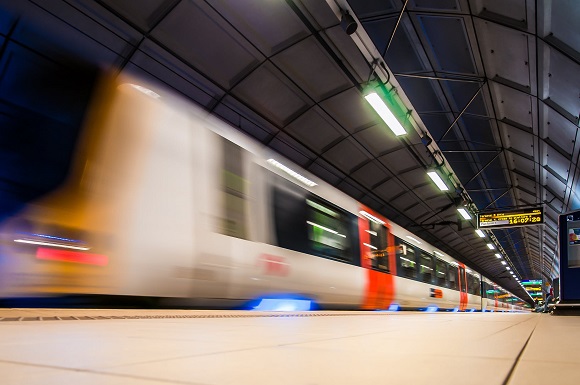Train passengers are slowly getting back on board with a 26% increase in journeys since the end of the summer holidays, comparing journeys of the week of 22 August and the week of 10 October.
Analysis of the journey data from those weeks by the Rail Delivery Group (RDG) shows that journeys have risen to 22 million a week across the country. However, the rail industry warns the slow growth in commuter journeys could put city centre businesses at risk.

Leisure journeys are still performing strongly and are at around 90% of pre-pandemic levels. Demand for shorter trips, under 50 miles, are now back to normal. Leisure currently accounts for 55% of rail journeys, compared to 33% in autumn 2019.
While commuter journeys have also increased throughout the autumn, from 33% of pre-pandemic levels in late August to 45% in mid-October, the slower return of commuters to city centres could put the recovery of local businesses reliant on commuter footfall at risk.
Encouraging people back onto trains is vital for local economies. Research by WPI Economics on behalf of RDG shows that train passengers spend an average £95 per trip on things like shops, restaurants, hotels and galleries, totalling £133 billion a year.
The uptick in leisure journeys has boosted the economic recovery of rural, seaside and leisure destinations, but concern remains for the slower return of commuters, in particular London which has seen the slowest rise in rail passengers. Commuter journeys outside of London are now at 54% of pre-pandemic levels, whereas London is only at 41%.
To encourage more people to take the train, the rail industry has been running its biggest national marketing campaign in a generation, under the strapline ‘Let’s get back on track’. The rail industry is working to create a sustainable, more passenger-focussed future and particularly within the commuter market. Rail companies have worked with government to introduce new Flexi Season tickets which provide a discount for commuters travelling into the office two or three days a week.
Train companies are helping people to travel with confidence by continuing with enhanced cleaning, by ensuring trains are well ventilated with eight out of 10 carriages having systems that refresh the air every six to nine minutes, and by improving information about how busy trains are so that people can avoid the busiest times.
Andy Bagnall, Director General at the Rail Delivery Group, said:
“Rail connects people to jobs and opportunities, helps tackle congestion, and leaves the air in towns and cities cleaner than other forms of transport, so we’re keen to welcome more people back on board.
Train companies are working hard to meet the changing needs of our passengers, including new flexi season tickets to give commuters more choice, while continuing to prioritise ventilation and extra cleaning, because as Britain recovers, every passenger delivers more than a journey.”













